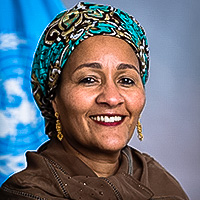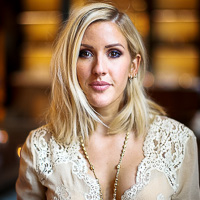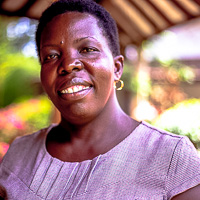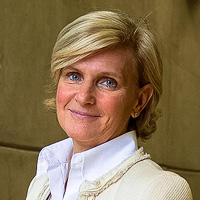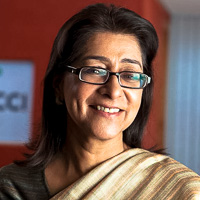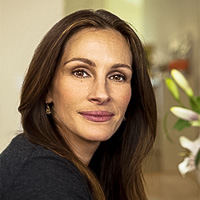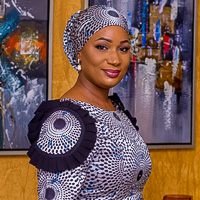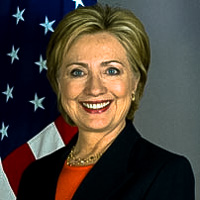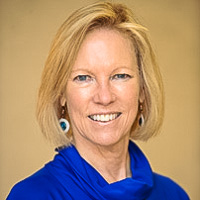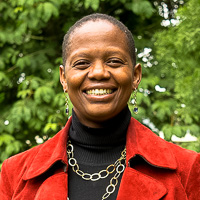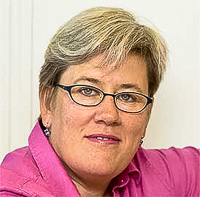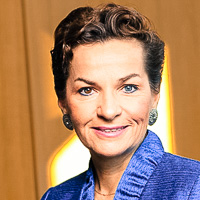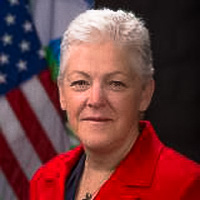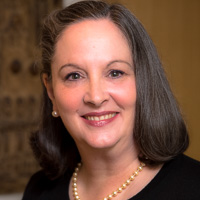15 Women Who Care About Clean Cooking
March 8 is International Women’s Day, a time to celebrate the social, political, and economic achievements of women and girls. This year’s celebration comes during a period of unprecedented global efforts to achieve gender equality and advance women’s empowerment. Yet significant challenges remain that are preventing women and girls from reaching their fullest potential. One of those challenges is cooking.
More than three billion people rely on heavily polluting open fires and solid fuels for cooking, leading to more than two million preventable deaths every year. Breathing in large amounts of toxic cooking smoke causes women and children to suffer fatal illnesses, including respiratory infections, pneumonia, cardiovascular disease, and lung cancer. Women and girls can spend up to five hours per day collecting fuel for cooking, time that could be better spent on getting an education, earning an income, resting, or caring for their families.
The good news is, clean cooking champions around the world are working to address this issue. In honor of International Women’s Day, the Global Alliance for Clean Cookstoves is proud to spotlight 15 high-profile women who support improving the health and lives of girls and women through clean cooking.
Amina Mohammed
Deputy Secretary-General of the United Nations
As countries seek to deliver on the ambition of the SDGs, we must seize every opportunity to implement cross-cutting development solutions that address disease, climate change, and poverty. Clean cookstoves and alternative fuels are an effective means for delivering dramatic improvements in health, air quality, and livelihoods, while providing women with critical time savings and safety benefits.
Ellie Goulding
Award-winning British singer-songwriter
Inhaling dirty air is slowly killing people – often women and children in the case of indoor cooking. I saw this first-hand in the Maasai village, and was so pleased to be able to contribute clean cookstoves for all the huts in their village. I want to do whatever I can to make our air cleaner.
Betty Ikalany
Founder & Chief Executive Director of Appropriate Energy Saving Technologies (AEST)
I have realized that giving women access to clean cooking is the best way to help them. Girls can focus on their homework and school rather than having to look for firewood all the time.
Dr. Maria Neira
Director, Public Health and the Environment Department, World Health Organization
By providing access to clean energy at the household level, we will also provide the opportunity for girls to use their time going to school. They won't be as vulnerable to violence as they collect the wood, they will have a dignified way to cook.
Naina Lal Kidwai
Vice President of The Federation of Indian Chambers of Commerce and Industry
[Clean cooking] will help support rural livelihoods, improve women's health, and provide a cleaner environment. It will also generate employment to several million people across the country.
Julia Roberts
American Actor and Producer
Such a nurturing act as cooking should not put lives at risk. Clean cookstoves can have a transformative impact on women, as well as on their families, their communities and their environment. The numerous benefits include better health, increased safety, reduced poverty, cleaner air, and a more sustainable environment.
Three billion people live in energy poverty. Clean cookstoves and fuels expand energy access, improve health, and protect the environment.
H.E. Hajia Samira Bawumia
Second Lady of Ghana
Across Ghana, I have seen the widespread impacts of cooking first-hand, especially among girls and women. I look forward to using my voice and passion to increase the use of cleaner cooking solutions and to ensure that cooking no longer kills.
Hillary Clinton
Honorary Chair of the Alliance Leadership Council, GACC, Former U.S. Secretary of State
Hearths—whatever they look like—are where we gather, where we tell stories and pass down our values. They bind families together. And the benefits from cleaner and safer homes will ripple out, with healthier families, stronger communities, and more stable societies.
Kathy Calvin
President and CEO, United Nations Foundation
Girls and women often spend hours collecting and carrying heavy loads of wood and other fuels for cooking. And the smoke from traditional cookstoves contributes to the growing threat of climate change. This is one of public health's greatest challenges – and solving it is one of our greatest opportunities.
Wanjira Mathai
Senior Partnership Advisor, wPOWER Hub
There's a lot of data suggesting that millions of people die every year as a result of indoor air pollution. In Kenya, we lose 50,000 people annually to this. This is all because we're cooking on very rudimentary open fires. Clean cooking can help reduce emissions and air pollution, which will in turn have a positive impact on the environment and the health of women.
Rachel Kyte
CEO of SEforAll and Special Representative of the UN Secretary General
Women shouldn't have to choose between cooking a meal and poisoning a child. Without the full dignity, empowerment, and economic opportunity for women, there is no way to achieve the Sustainable Development Goals, nor will we achieve the Paris Climate Agreement goals if we balance emissions and air quality on the backs of the poorest and most vulnerable.
Christiana Figueres
Former Executive Secretary, UNFCCC
We need to bend the curve of emissions by 2020, and clean cookstoves and fuels can be an important contribution to that turning point.
Gina McCarthy
Former Administrator, U.S. Environmental Protection Agency
Cleaner cooking solutions not only help women and children stay safer and healthier, they free up time to work or go to school and empower women to start up enterprises revolving around the manufacture, distribution, and repair of stoves. That benefits the entire community.
Sarah Degnan Kambou
President of the International Center for Research on Women
Access to cleaner and more efficient cooking energy is key to solving gender inequality. And as the primary users of energy, women have a role to play in catalyzing last-mile energy distribution. We have learned a lot about what works – now we need innovation and good intentions to turn into action.
